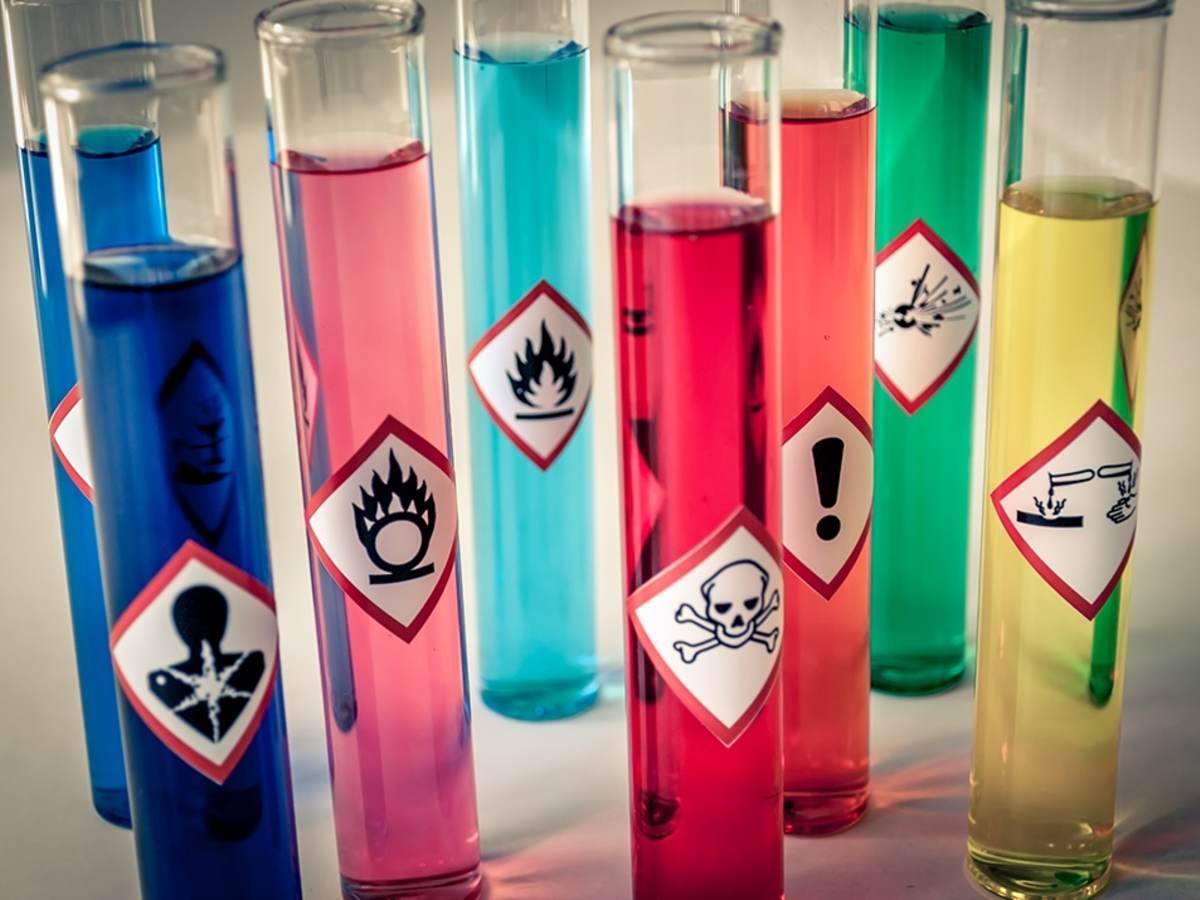September 7, 2023
By Yuko Howell, senior regulatory specialist, Supply Chain team, UL Solutions
On August 30, 2023, an amendment to the Cabinet Order of the Industrial Safety and Health Law (ISHL), Cabinet Order No. 265, was issued, which now officially incorporates the chemical classification scheme established under the Globally Harmonized System of Classification and Labelling of Chemicals (GHS) into the legal text. With this amendment, the Ministry of Health, Labour and Welfare (MHLW) takes another step forward in its effort to expand and revamp the listings of mandatory SDS and label substances under the ISHL.
Japan’s ISHL identifies hazardous chemical substances in Table 9 of the Cabinet Order of the ISHL and makes it mandatory for suppliers of these chemicals to prepare and provide the safety datasheet (SDS) and label to their customers. In July 2021, a MHLW Study Group concluded that the list of mandatory SDS and labeling substances, then listing around 640 substances, was inadequate as the government had classified 3,000 substances into the GHS hazards. The MHLW responded accordingly and developed a 3-year plan to triple the number of mandatory SDS and label substances. In February 2022, 234 substances were added to Table 9, making the total number of Table 9 listing to 903. The MHLW has proposed to add 649 and 779 substances in 2023 and 2024, respectively.
Before adding such a large number of substances to the regulation, this amendment takes preparatory steps which changes how the SDS and labelling substances will be selected, listed, and published going forward. On selection of the substance(s), the GHS classification results published by the Government formally become part of the selection criteria, amending Article 18 and Article 18-2 of the Cabinet Order of the ISHL. According to these Articles, chemical substances with any GHS physical and/or health hazards identified by the Government before 2021 will be subject to the mandatory SDS and labeling requirements. The Japanese Government annually assigns GHS classifications and publishes the results. Although the results are used in the regulation, they are not mandatory classifications.
As for listing and publishing, the amendment refreshed the current content of Table 9 and now limits the listing to 33 elements and their compounds, i.e. “Antimony and its compounds,” Cadmium and its compounds,” and so forth. The revised Table 9 will become effective on April 1, 2025. Previously listed substances and additional substances will be listed in the Ordinance of the ISHL. The MHLW is expected to finalize the amendment to the Ordinance of the ISHL by the end of September 2023 and include a two-year transitional period.
The cut-off values for the substances that are currently listed in Table 2 of the Ordinance will also be relocated and published as an MHLW Notification, which is expected at the end of October 2023. This is anticipated to also have a two-year transitional period.
The amendment also removes 7 substances from the current Table 9, effective as of August 30, 2023. These have been identified as non-hazardous according to the GHS classification conducted by the Government.
The reader should consult the full text of the Amendment(s) for complete details.
References
- Amendment to the Cabinet Order of the Industrial Health and Safety Law (ISHL), Cabinet Order No. 265 (Japanese only)
- The amended Table 9 containing 33 compound groups (effective April 1, 2025) and the list of 7 substances that are no longer subject to the requirements (effective August 30, 2023) (Japanese only)
- The proposed new list of SDS and Labelling substance to be added to the Ordinance of the ISHL in 2023 and a list of proposed substances to be added in 2024 (Japanese only, but CASs are listed for a reference purpose)
- The results of the existing GHS classification carried out by the government are available from National Institute of Technology and Evaluation (NITE) website.
Regulatory Roundup Newsletter
Never miss an update
UL Solutions, the global safety science leader, can keep you updated on the latest events with a variety of materials, ranging from the latest regulatory news, webinars, white papers, events, industry insights and more.
Subscribe to our monthly Regulatory Roundup Newsletter and stay up to date on current and upcoming regulations and all the latest chemical industry news.
Safety Data Sheet (SDS) Authoring and Labeling Services
Create, maintain and distribute comprehensive SDSs and labels to meet your increasingly complex global compliance requirements.
Chemical Regulatory Compliance
Manage your chemical compliance needs with the help of global regulatory expertise and leading resources.
Chemical Compliance Training
We provide a series of chemical regulatory training programs designed to help understand the diverse set of requirements and how to confront them.
Get connected with our sales team
Thanks for your interest in UL's products and services. Let's collect some information so we can connect you with the right person.





